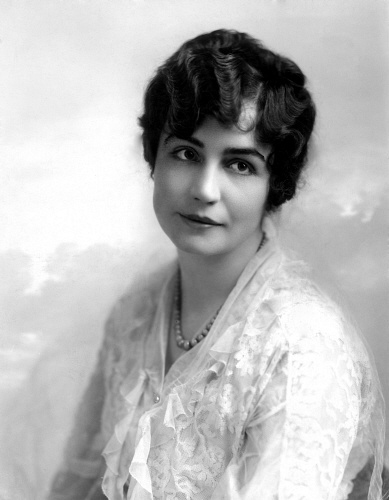Born in 1879 to German immigrants, LOIS WEBER was the leading female director of the early 20th century. She made over 138 movies before 1940, filming her first short film in 1911. Not only did she own her production company, she is credited with innovations such as the development of split screen shots and filming on location. Her talent, on par with Cecille B. DeMille, enabled her to become the first woman elected to the Motion Picture Directors Association.

Lois focused on using the cinema as a narrative vehicle to tackle social justice. Her films sought to tell stories from the female perspective and addressed such controversial topics as abolishing capital punishment, establishing a livable wage, and legalizing contraception. Unlike her contemporaries, she realized the potential to use cinema to instigate social change. She believed movies, through its imagery, did not require a person to speak the language or have a certain level of education to understand; Lois was the first to capitalize on using moving pictures to instigate social commentary.
In spite of her prolific output, Lois died penniless and is largely forgotten today. Numerous reasons can be cited for her work being lost (nitrate film being a key problem), but fortunately two films have recently been restored. Shoes (1916) and The Dumb Girl of Portici (1916). [That’s dumb as in mute.]
Check out the links below to learn more about this fascinating auteur.

